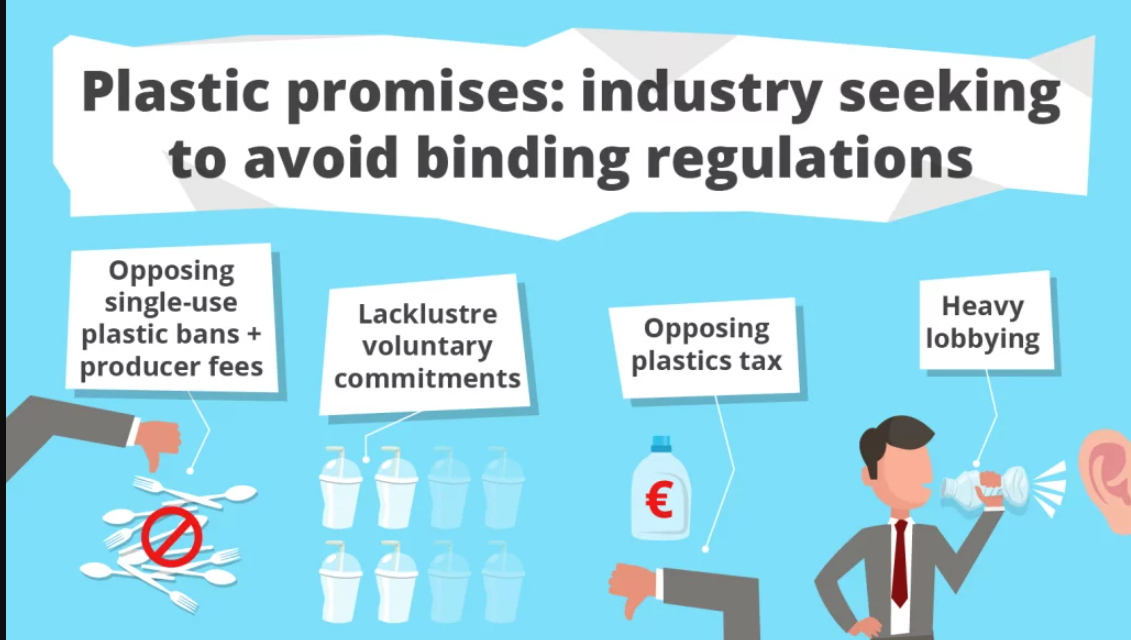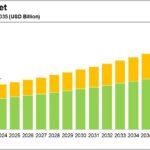In December 2020, the Tamil Nadu plastics industry, represented by the Tamil Nadu Plastics Manufacturers Association (TAPMA), advocated for the establishment of a dedicated regulatory authority to oversee the sector. This call was primarily driven by challenges such as escalating raw material costs and supply shortages, which were exacerbated during the COVID-19 pandemic. Industry leaders expressed concerns over significant price hikes in domestic polymer markets, attributing them to potential profiteering by petrochemical producers. They emphasized the need for regulatory oversight to ensure fair pricing and prevent monopolistic practices.
The industry’s appeal also highlighted apprehensions regarding proposed measures like the introduction of a minimum import price (MIP) and the imposition of anti-dumping duties on polymer imports. Stakeholders argued that such policies could further inflate raw material costs, adversely affecting a wide range of sectors reliant on plastic products, including food and beverages, construction, and automotive industries. They underscored the interconnectedness of the plastics industry with various essential sectors, suggesting that unchecked price increases could have broader economic implications.
In response to environmental concerns, the Tamil Nadu government has implemented stringent measures to regulate plastic usage. Notably, a ban on specific single-use plastic items was enforced starting July 1, 2019. The Tamil Nadu Pollution Control Board (TNPCB) has been proactive in ensuring compliance, issuing directives to manufacturers and setting up control rooms to facilitate the effective implementation of the ban. These initiatives aim to mitigate plastic pollution and promote sustainable practices within the state.
Despite these environmental regulations, the plastics industry continues to advocate for a balanced approach that addresses both ecological concerns and economic sustainability. The proposed regulatory authority is envisioned to play a pivotal role in monitoring pricing strategies, preventing undue profiteering, and ensuring a stable supply of raw materials. By establishing such an authority, the industry aims to foster a fair and competitive market environment, benefiting not only manufacturers but also the diverse sectors dependent on plastic products.

















